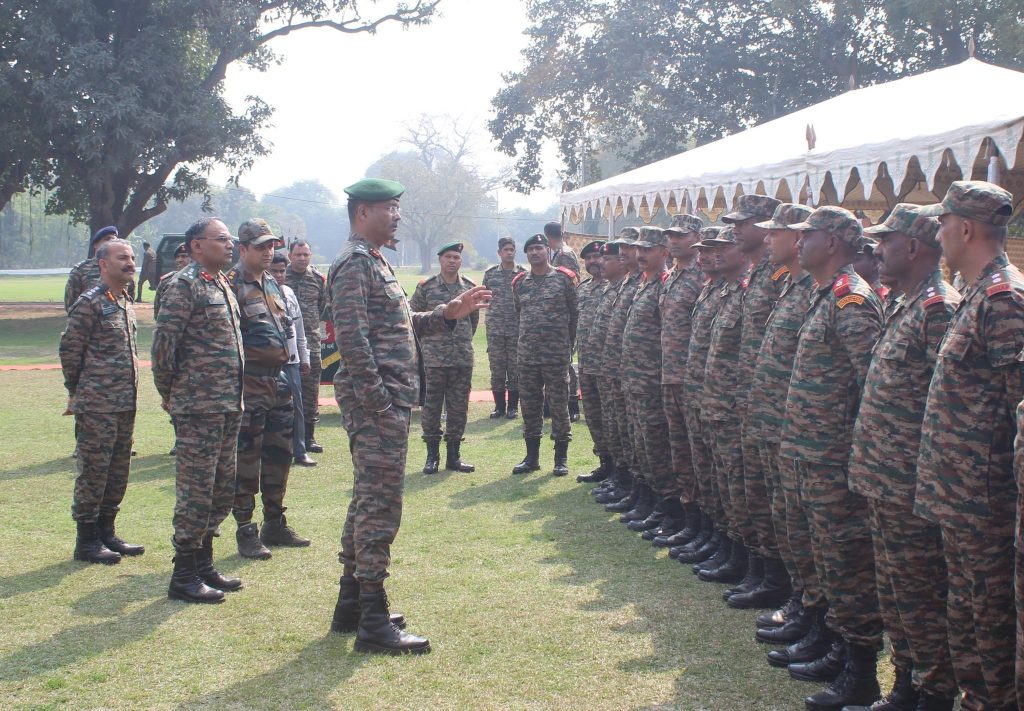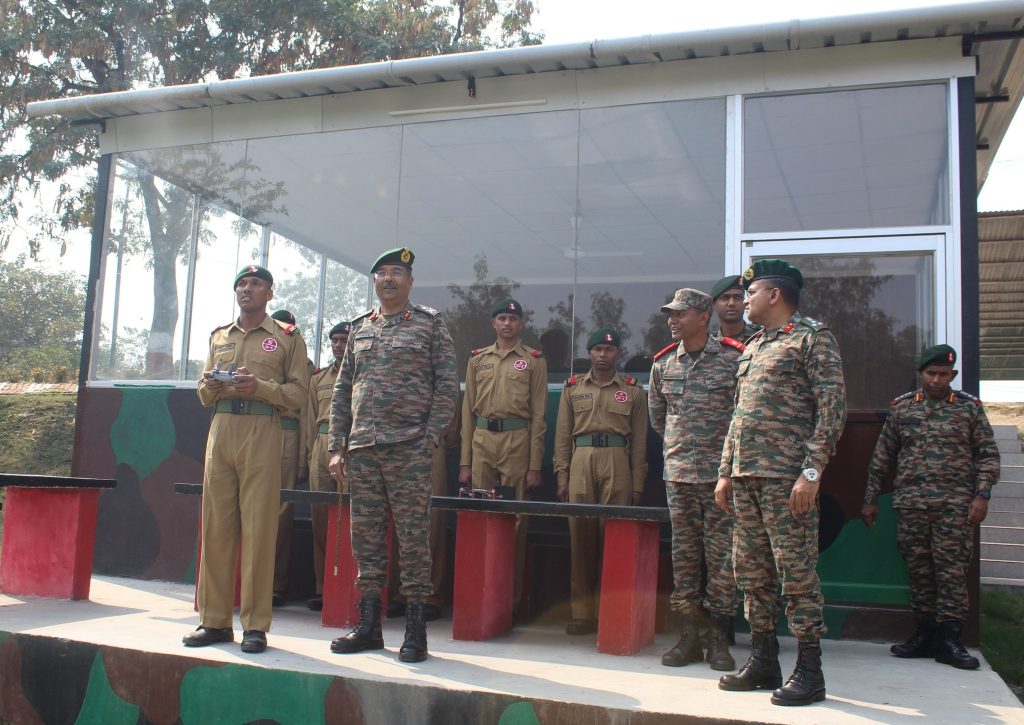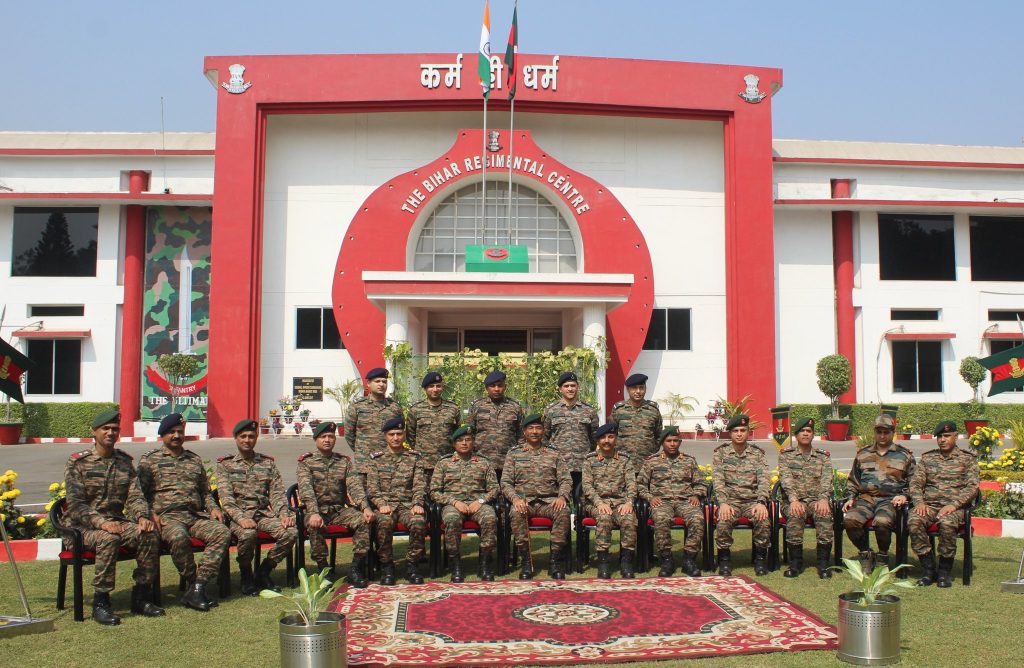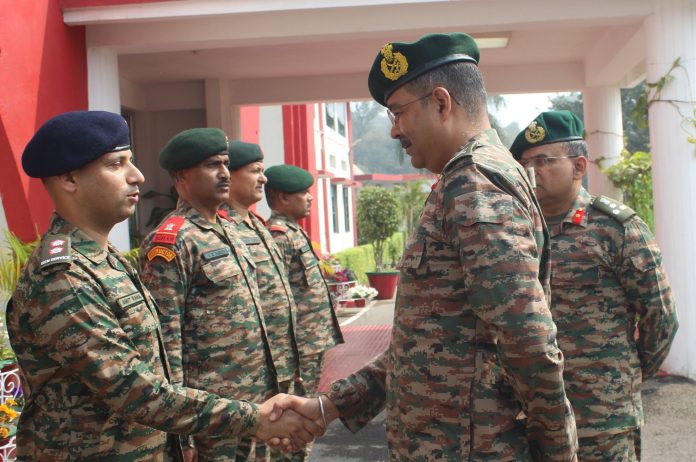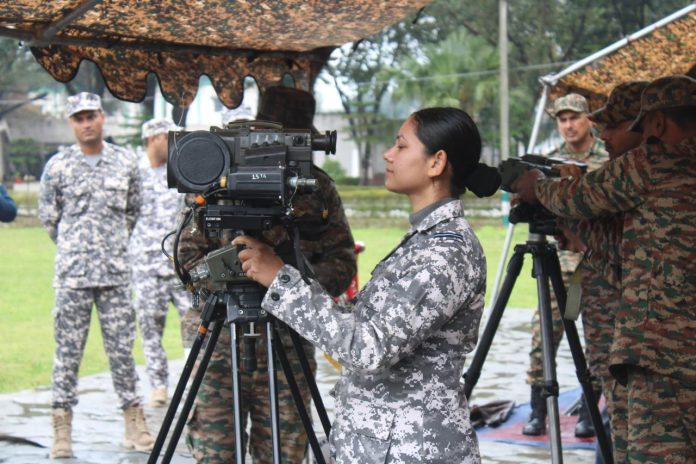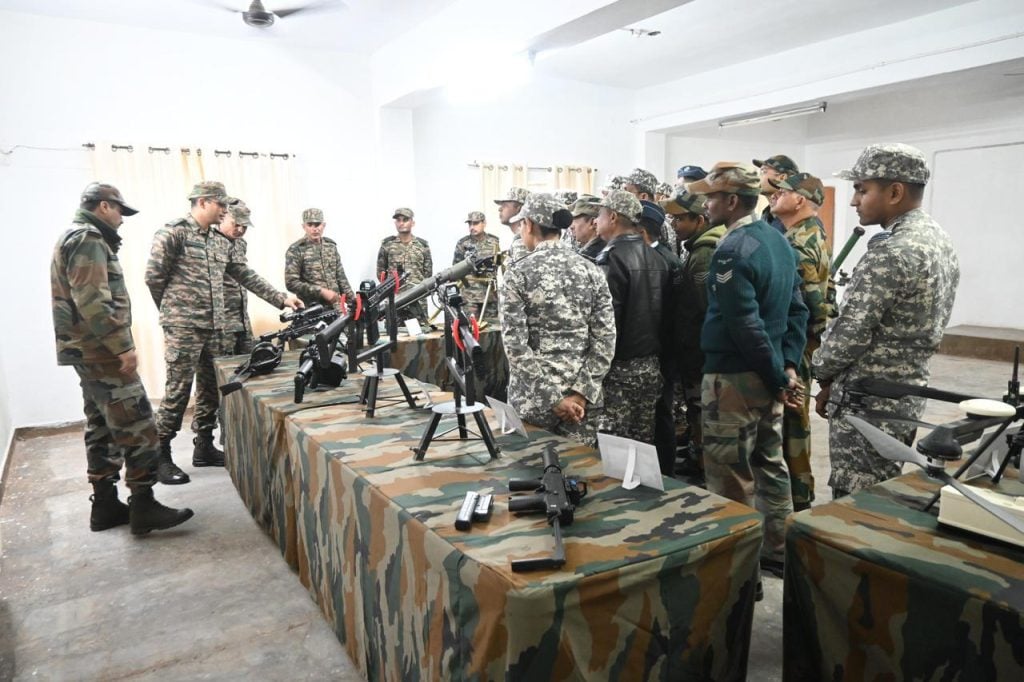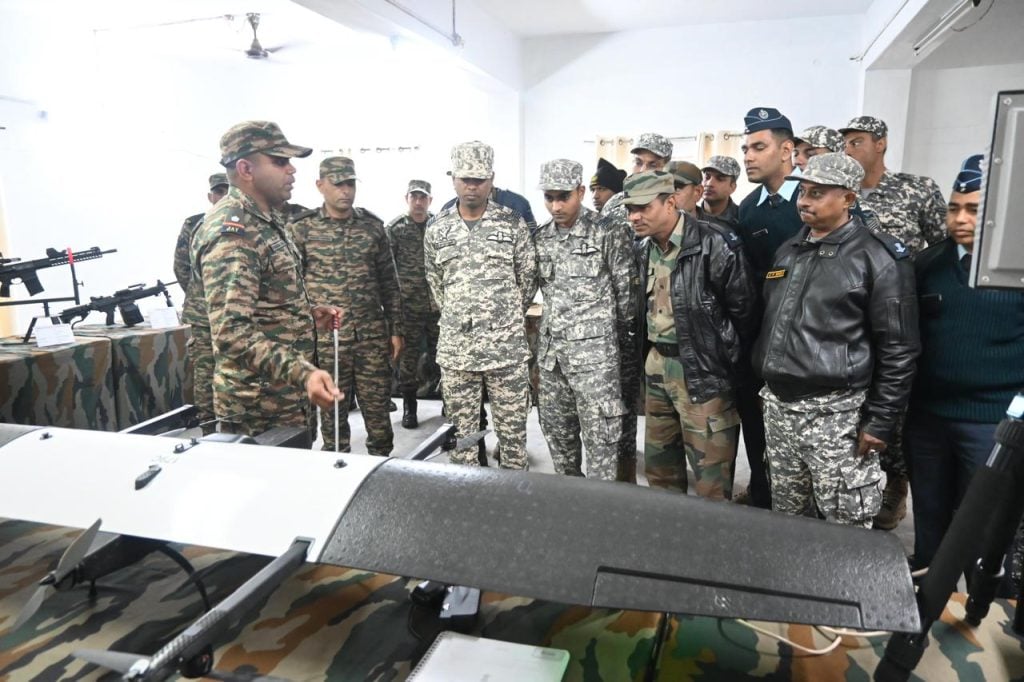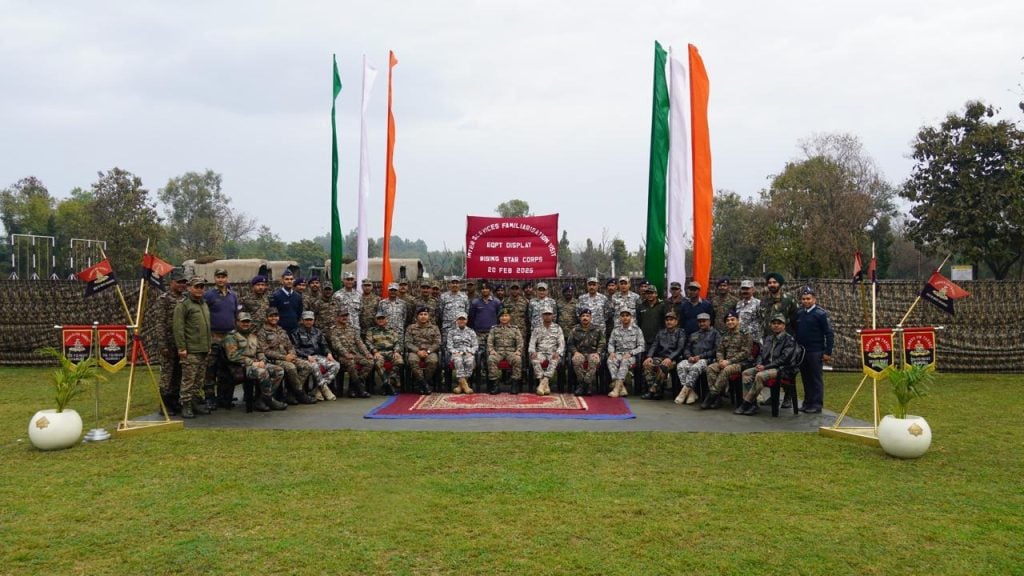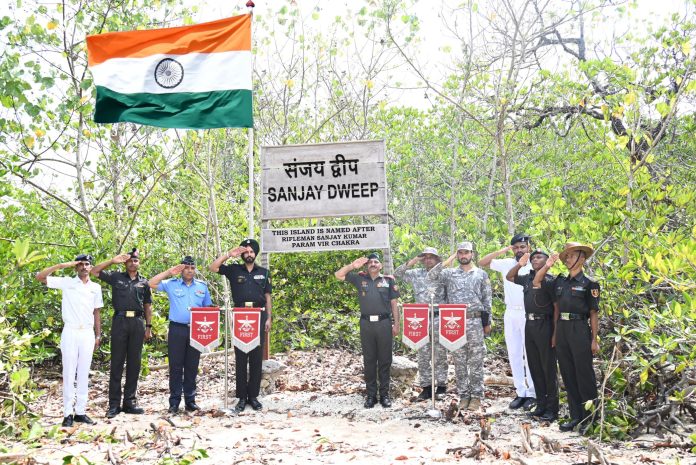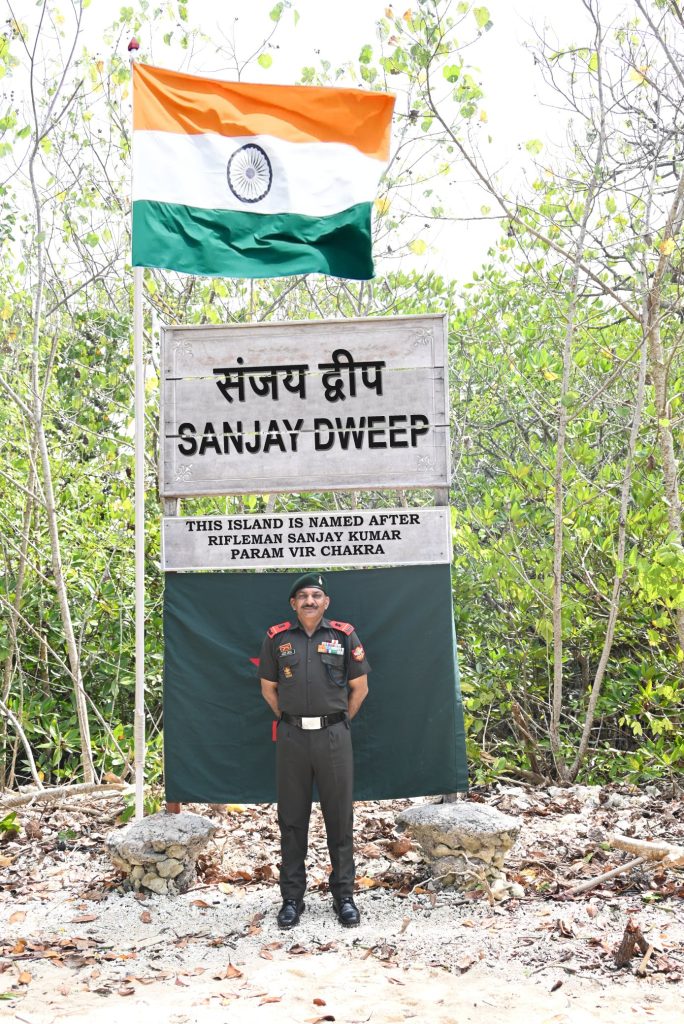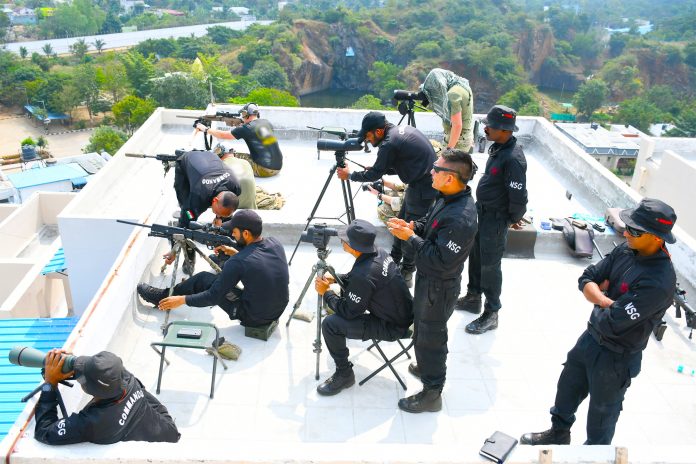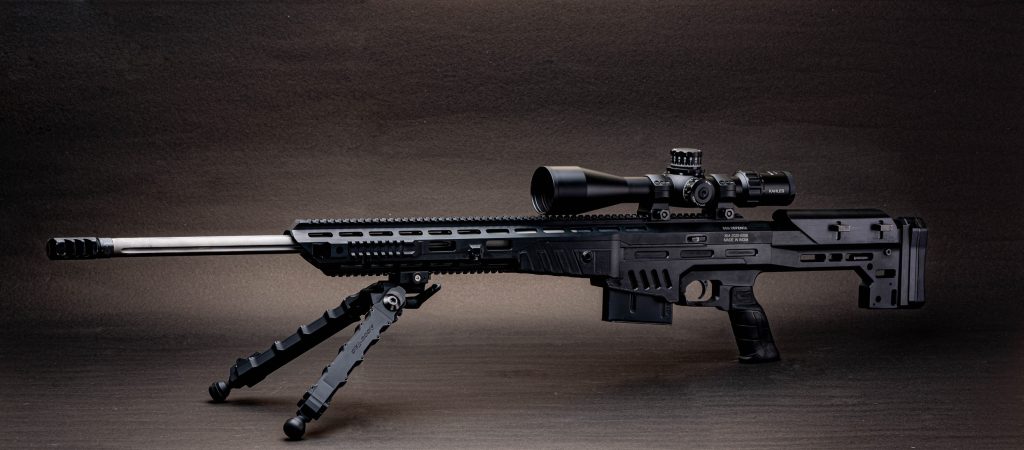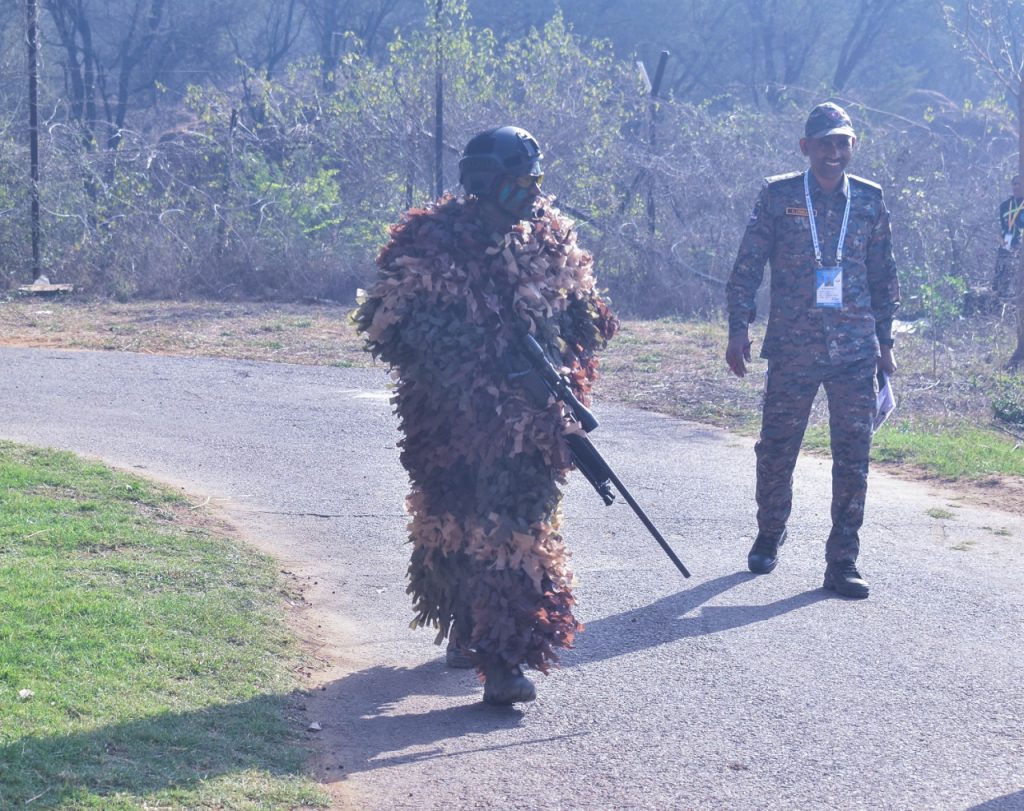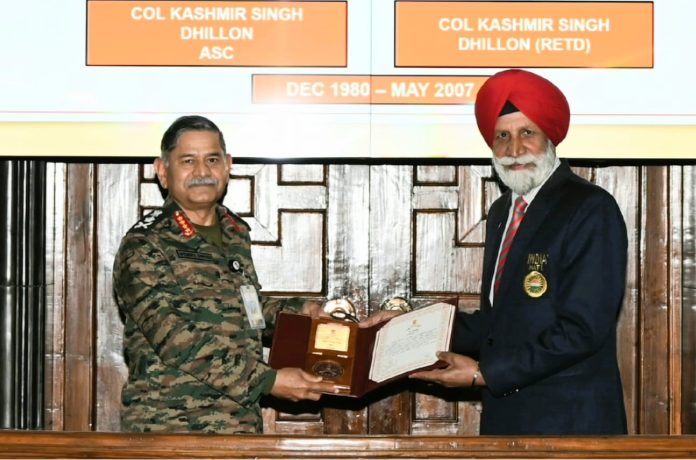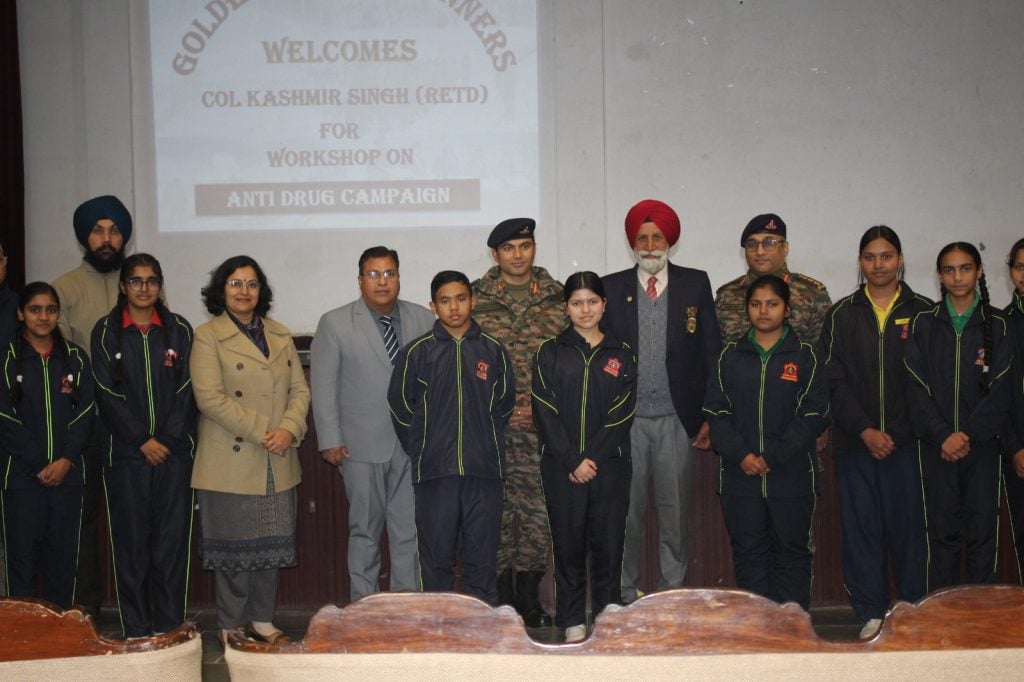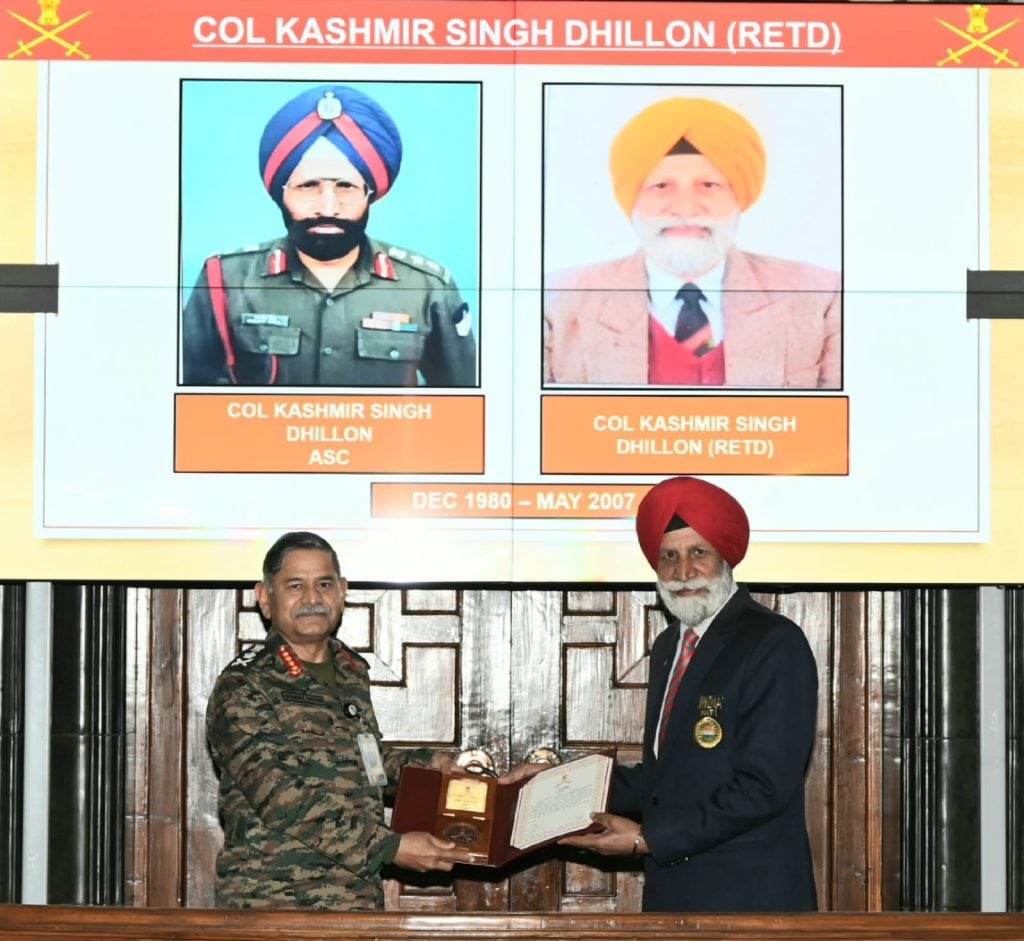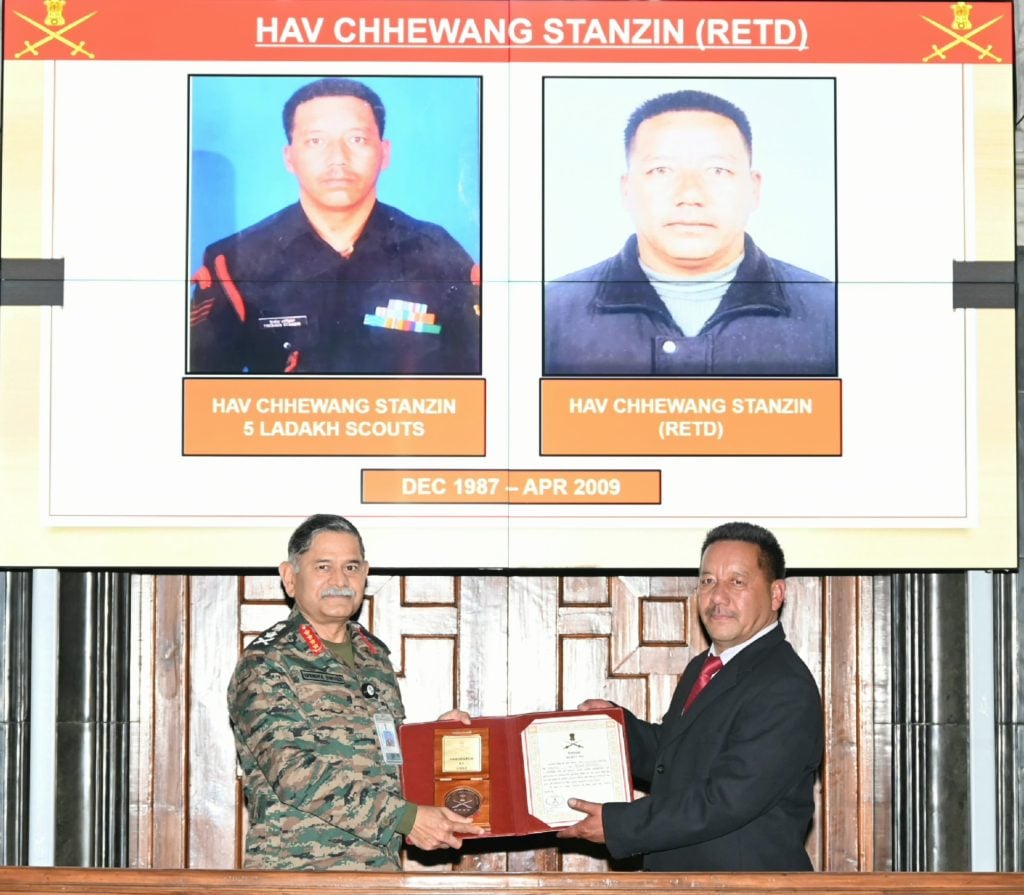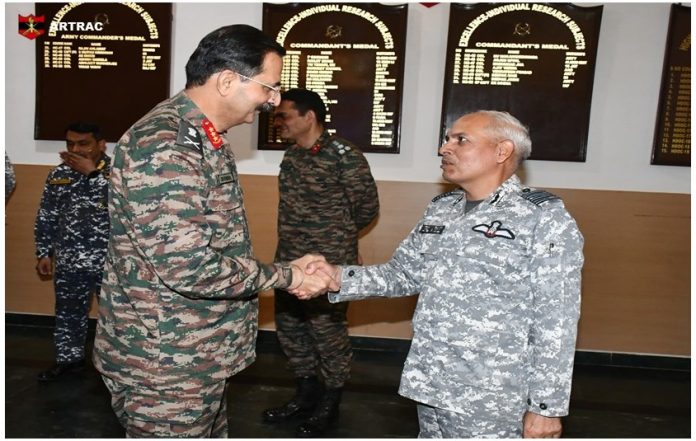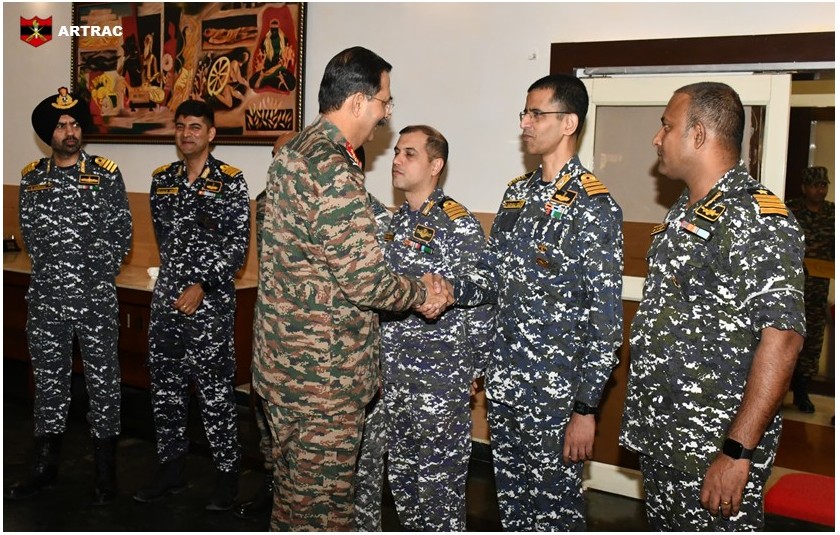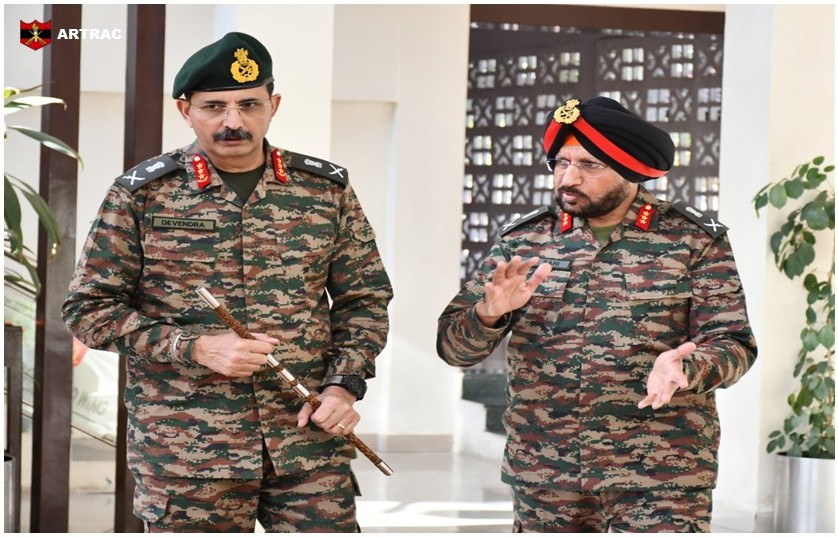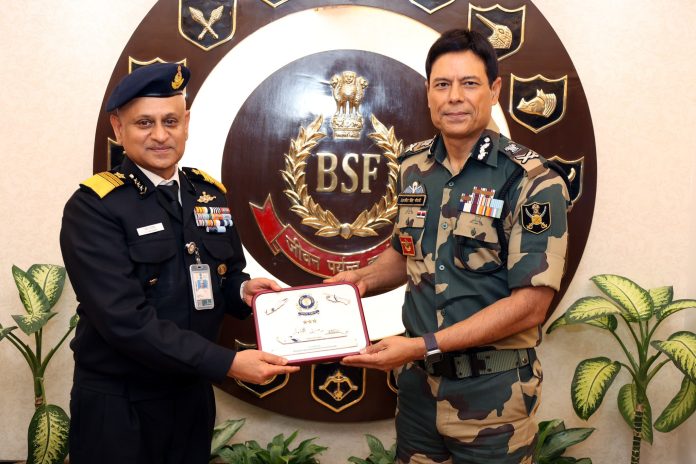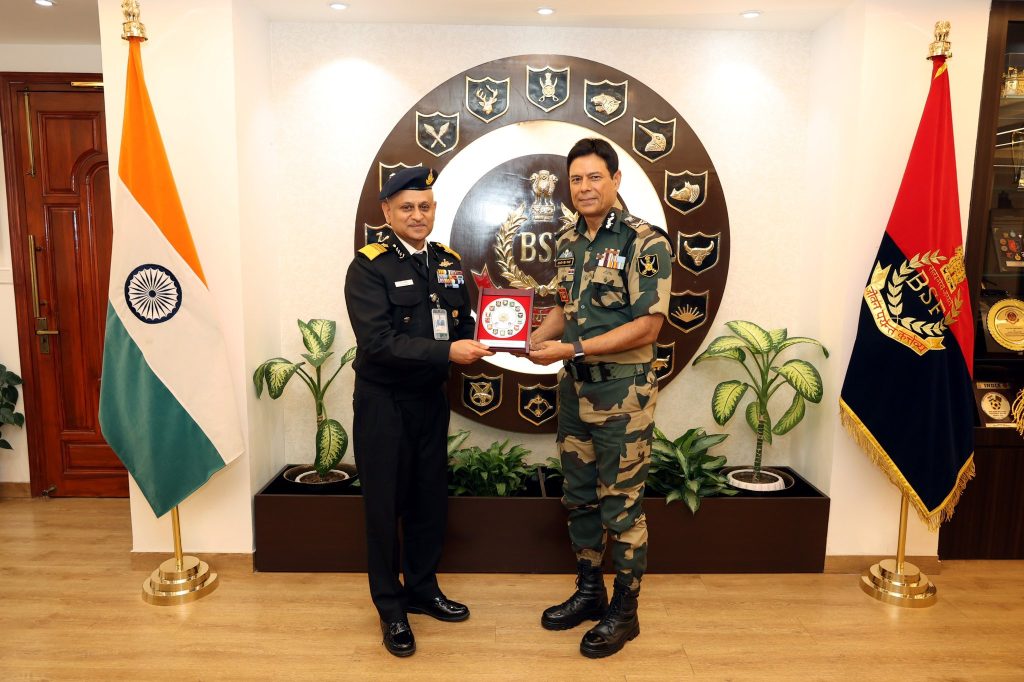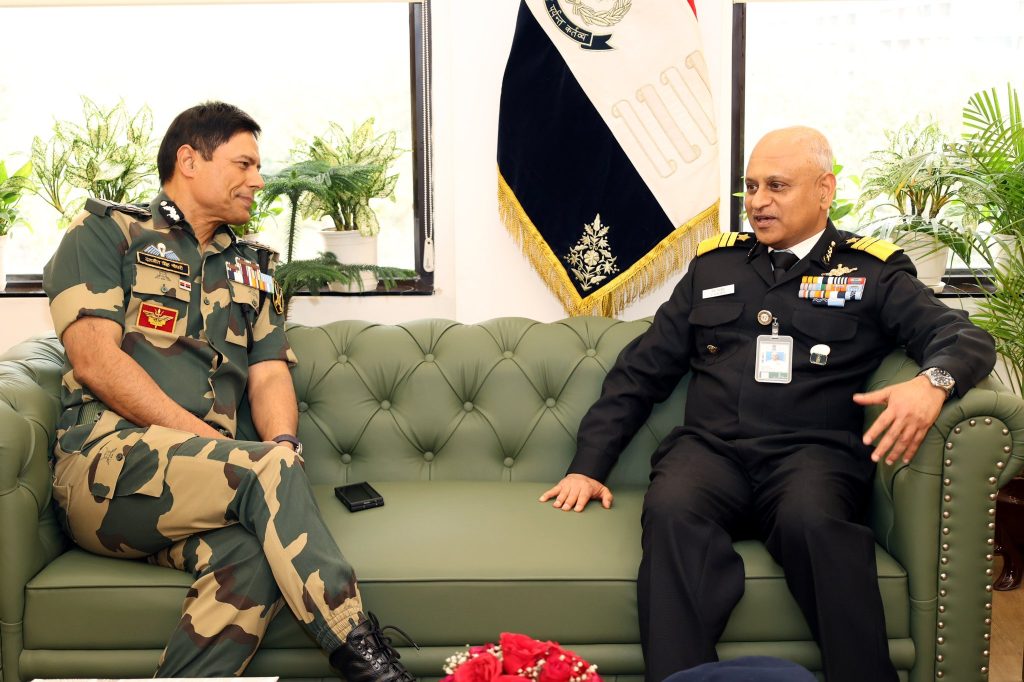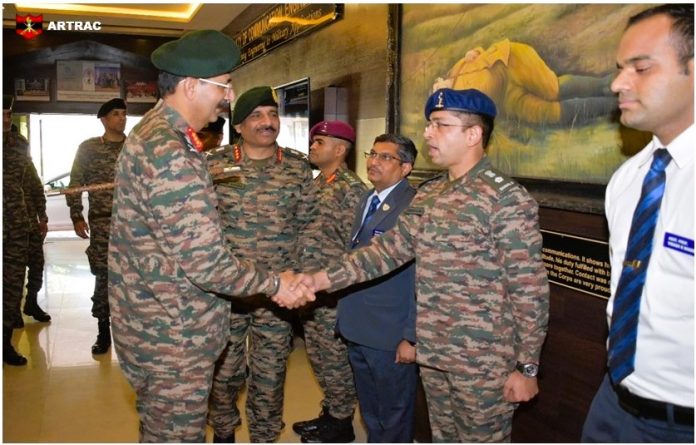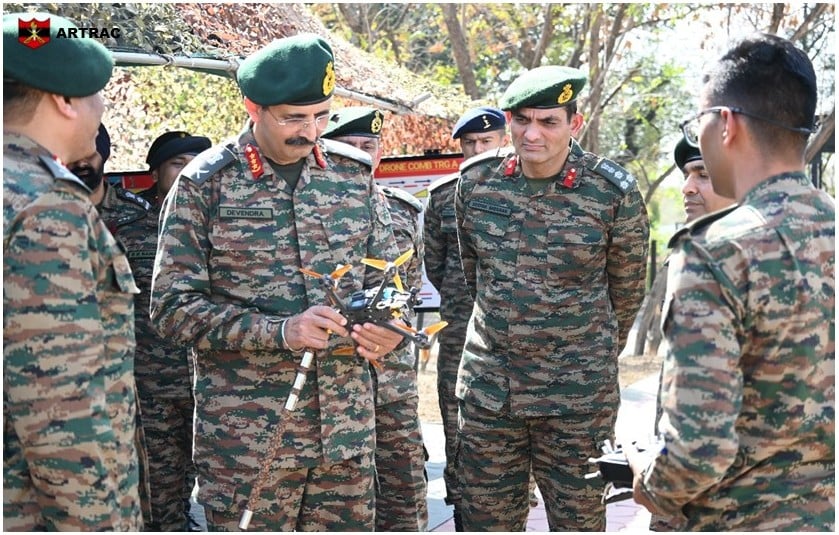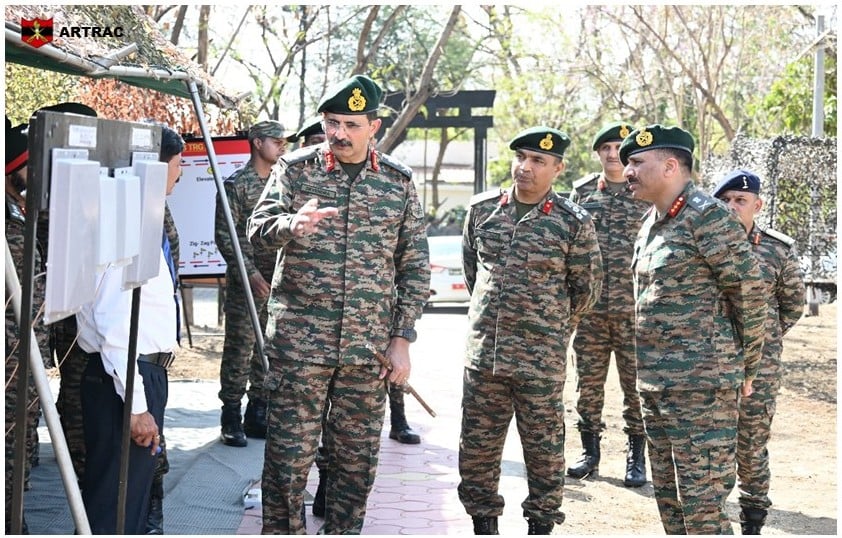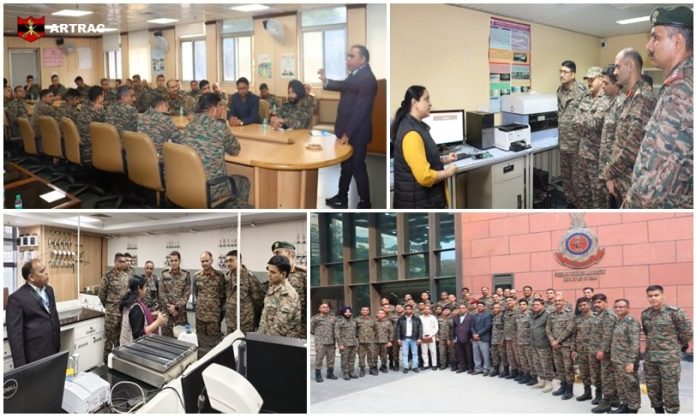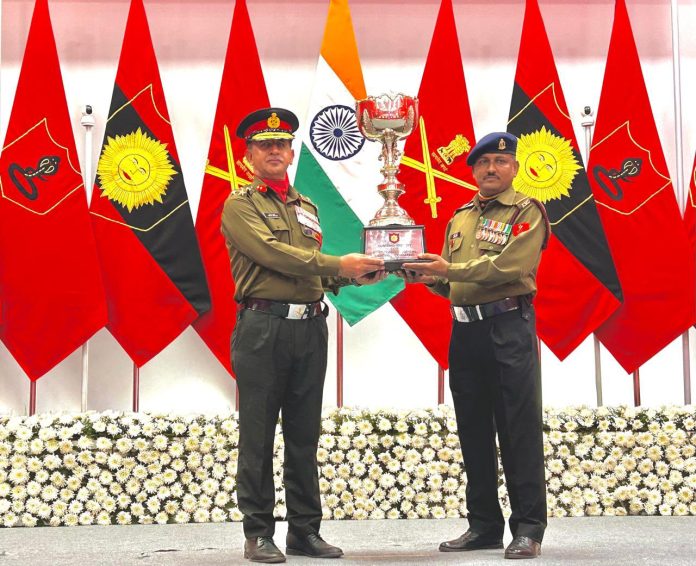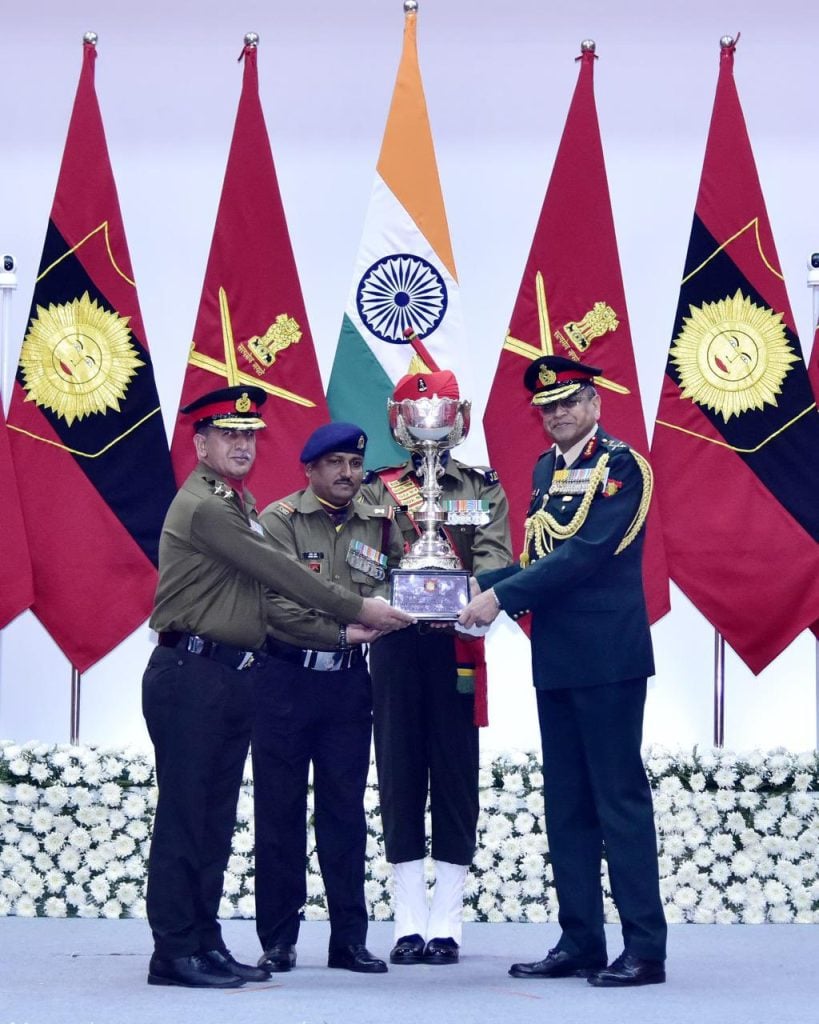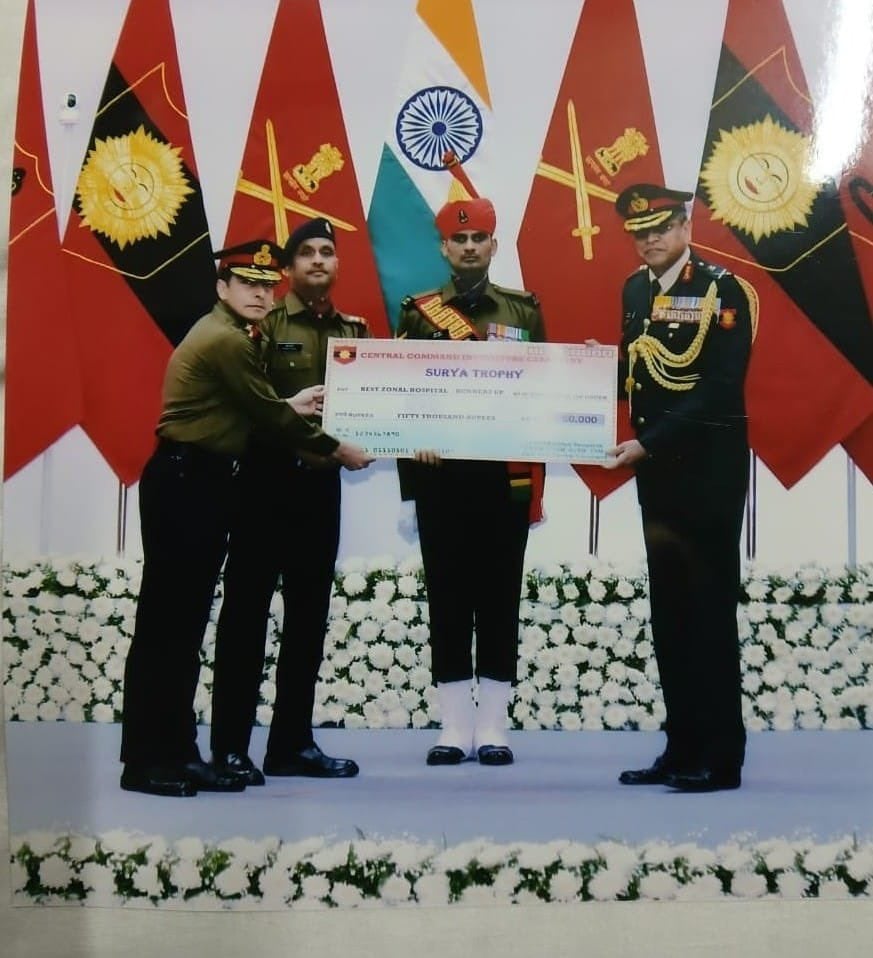Subedar Major Sanjay Kumar, a decorated Param Vir Chakra recipient for his extraordinary bravery during the 1999 Kargil War, was honored with a visit to Sanjay Dweep, an island in the Andaman and Nicobar Islands named after him.
The visit, hosted by the Andaman and Nicobar Command (ANC), marked a proud moment for the Indian Armed Forces and highlighted the Government of India’s initiative to commemorate the nation’s bravest soldiers.
Sanjay Dweep, previously an unnamed island, was renamed in 2022 under a special initiative led by Prime Minister Narendra Modi to honor 21 Param Vir Chakra (PVC) awardees, India’s highest military decoration for valor.
The renaming, announced on Netaji Subhas Chandra Bose’s birth anniversary (Parakram Diwas), reflects the government’s commitment to preserving the legacy of military heroes, particularly those from Uttar Pradesh, where Kumar hails from.
During his visit, Kumar was joined by personnel from the Andaman and Nicobar Command, India’s only tri-service command integrating the Army, Navy, and Air Force. The ANC, based in Port Blair, plays a critical role in safeguarding India’s strategic interests in Southeast Asia and the Strait of Malacca, a vital maritime chokepoint for global trade.
The command’s personnel paid tribute to Kumar, standing in solidarity with the PVC awardee in front of the island’s signboard, which proudly displays the Indian tricolor and his name in both Hindi and English.
Photographs from the event show Kumar, dressed in his military uniform, standing before the Sanjay Dweep signboard, flanked by ANC personnel offering salutes. A second image captures a group of service members from all three branches of the Indian Armed Forces—Army, Navy, and Air Force—standing in formation, paying respects to Kumar and the legacy he represents.
The Andaman and Nicobar Islands, a union territory comprising 572 islands, are strategically located in the Bay of Bengal, near Myanmar and Indonesia. The archipelago, which spans India’s southeastern maritime frontier, is vital for national security, countering threats like narcotics smuggling, piracy, and foreign vessel intrusions.
The ANC’s role in maintaining vigilance over key maritime channels, such as the Six Degree Channel and the Ten Degree Channel, underscores the region’s importance to India’s defence strategy.
Subedar Major Sanjay Kumar’s visit not only celebrates his heroic contributions during the Kargil War but also reinforces the ANC’s commitment to honoring military valor while ensuring regional stability. The event has been widely shared on social media, with the ANC expressing pride in hosting Kumar and showcasing the unity of India’s armed forces in upholding national pride and security.
